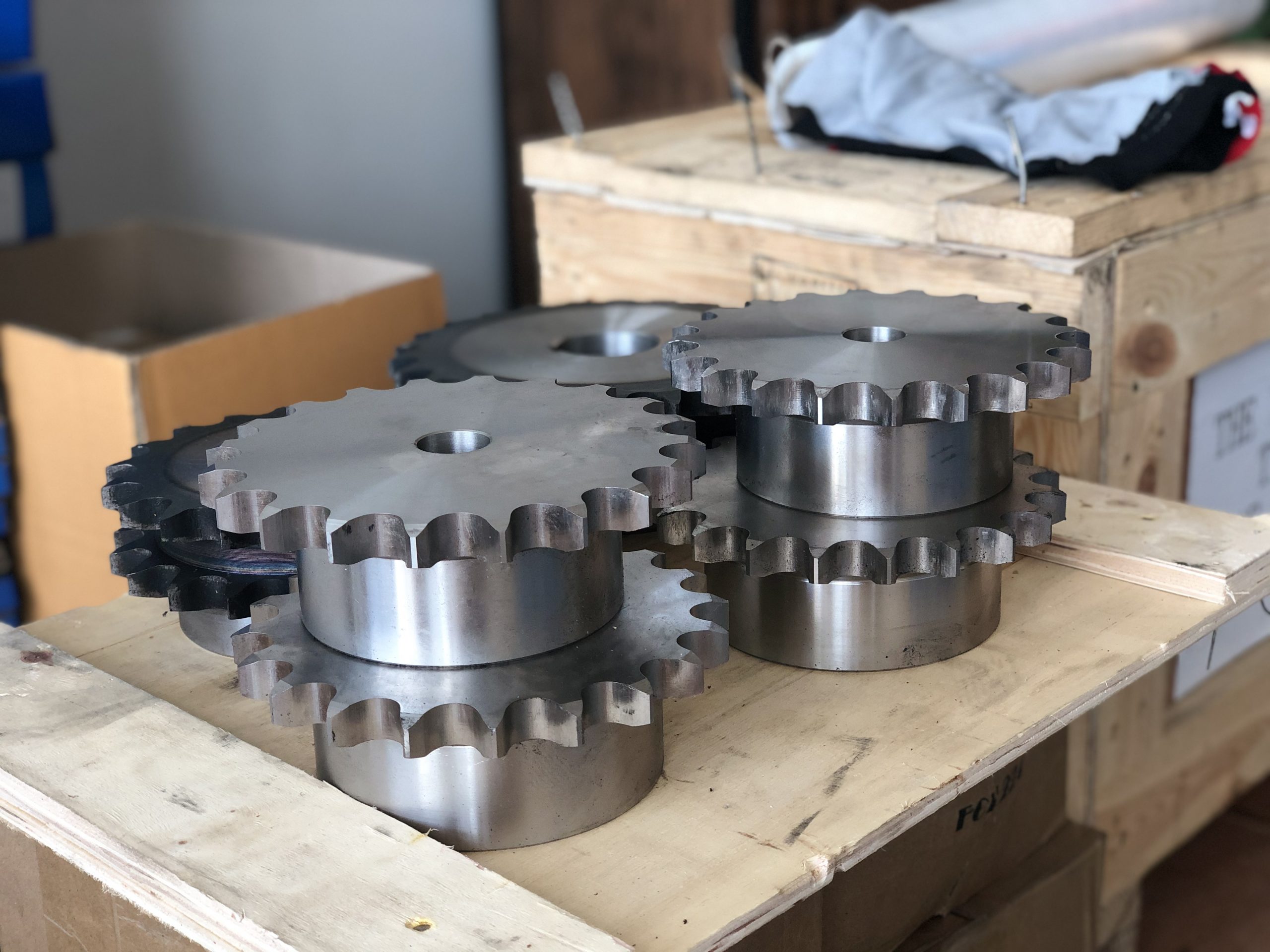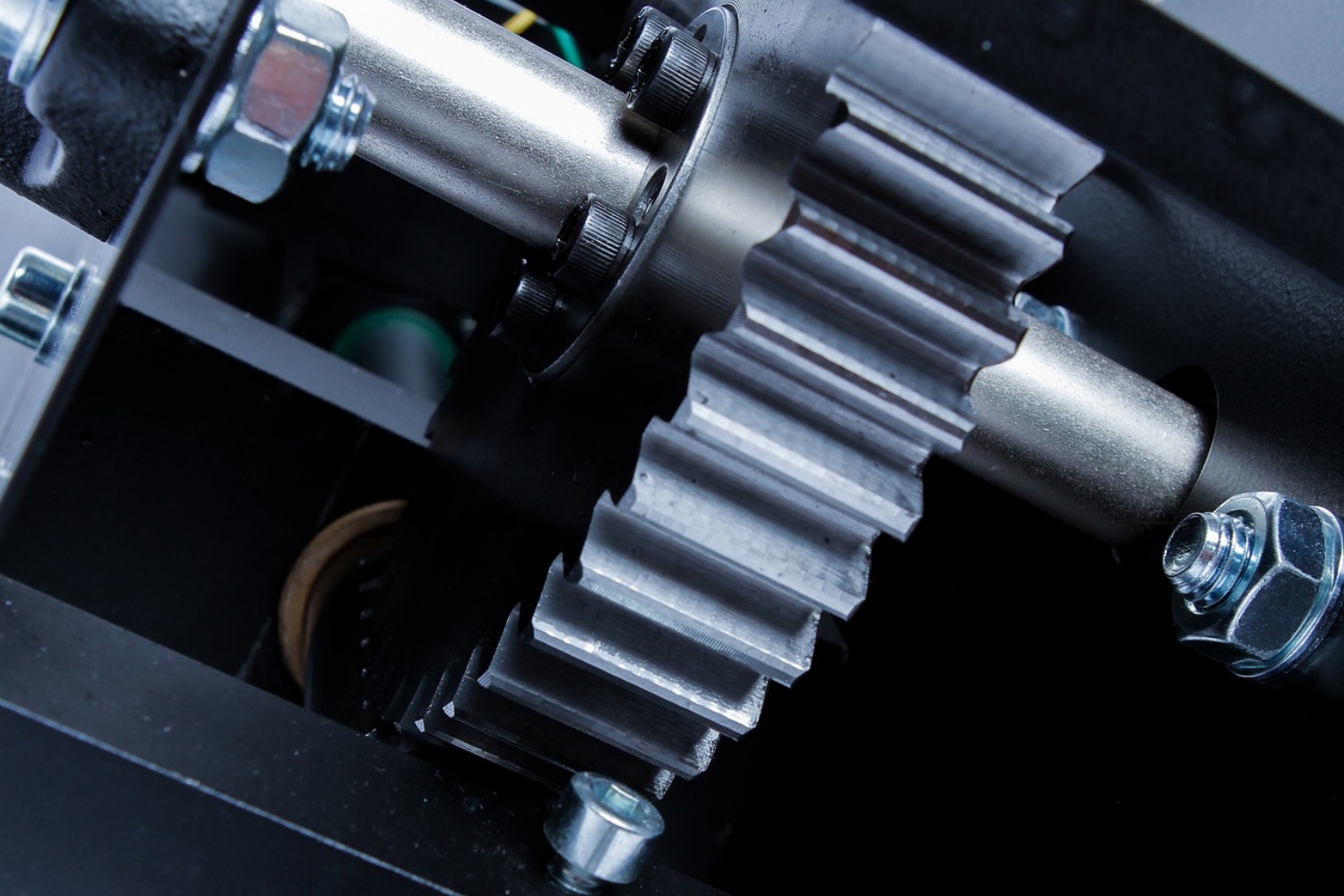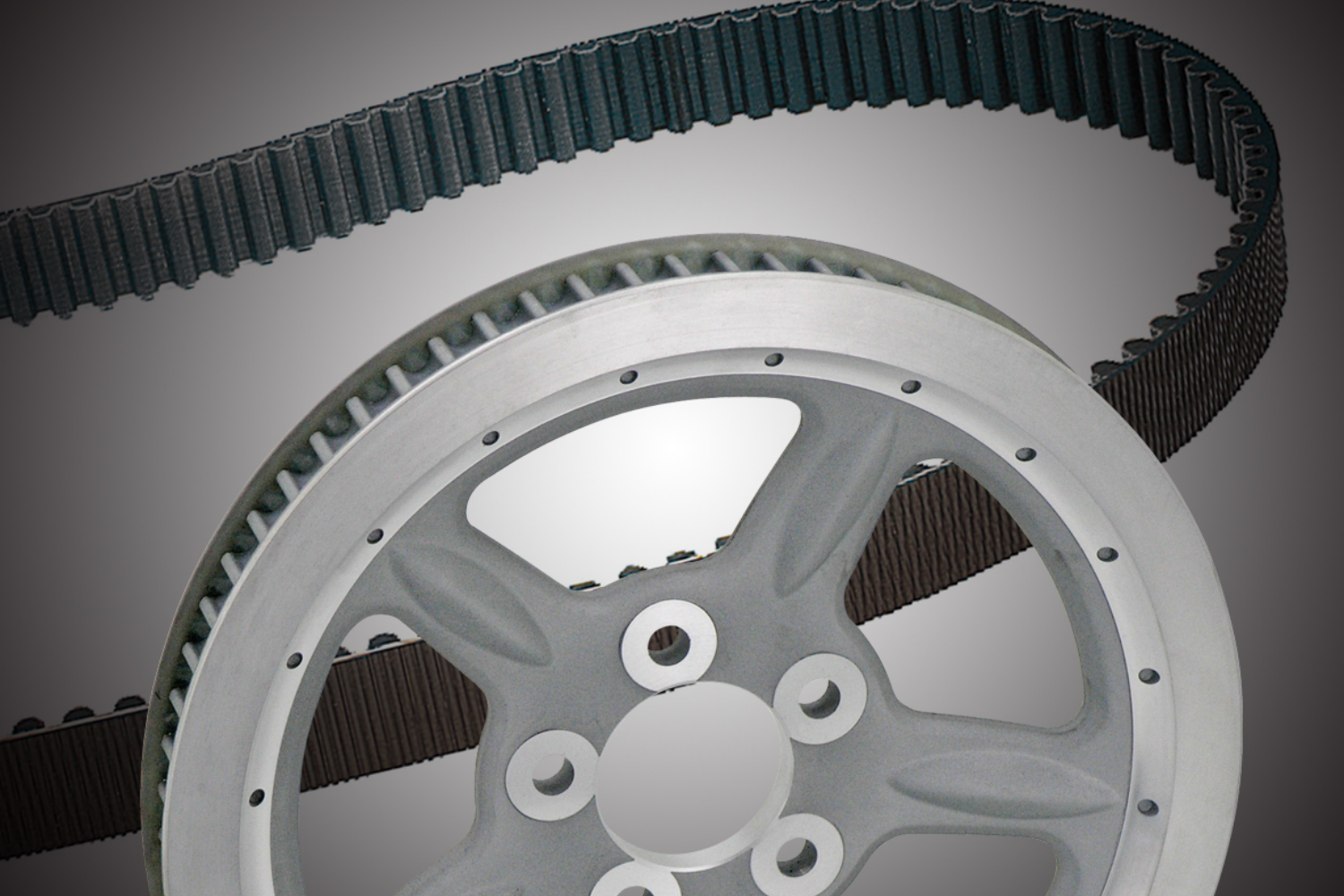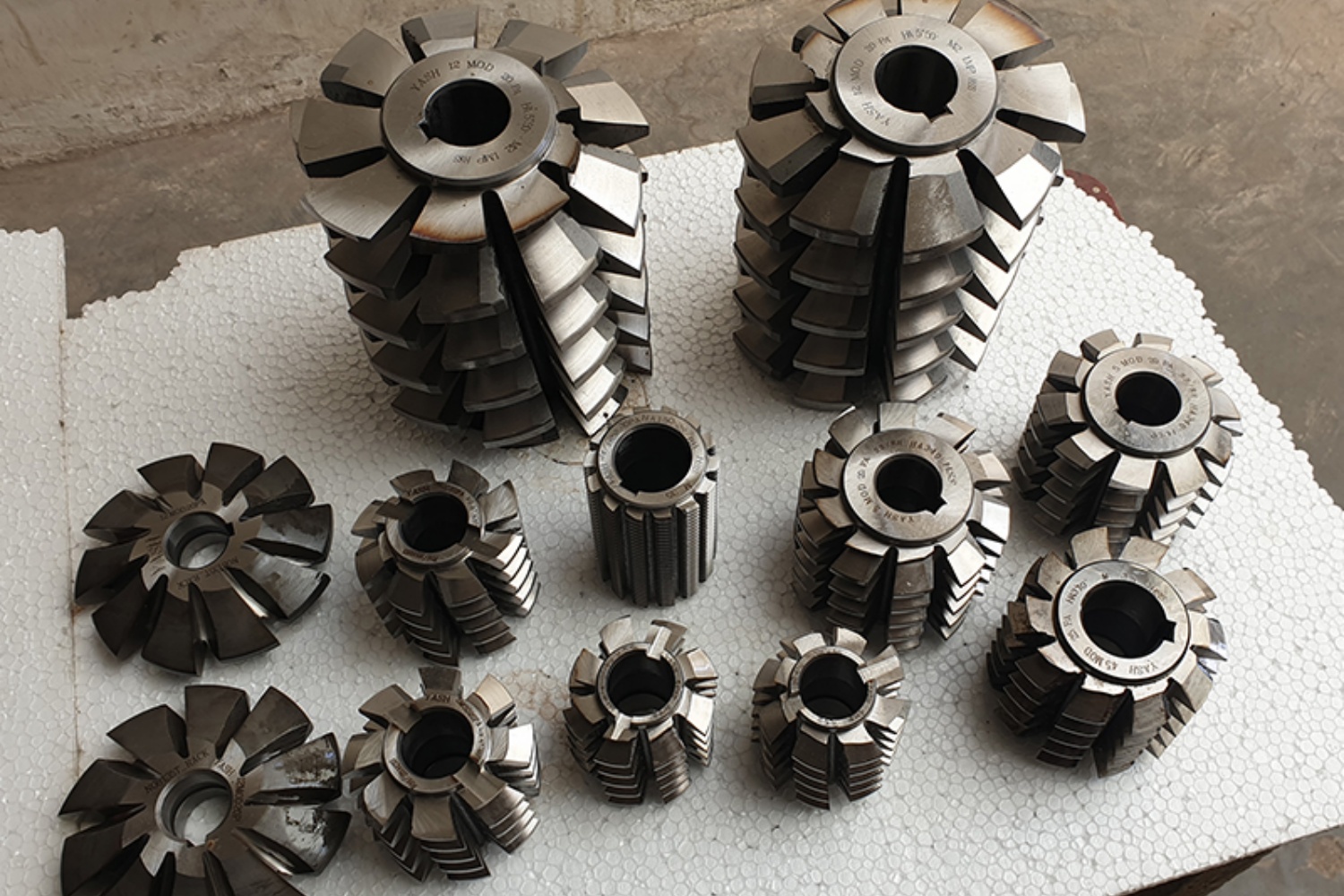Selecting the right agricultural machinery sprocket is crucial for ensuring optimal performance, efficiency, and durability in farm equipment. With a wide range of options available, it’s important to understand the key factors to consider when choosing a sprocket that meets the specific requirements of your agricultural machinery. In this article, we will provide a comprehensive guide on how to select the right agricultural machinery sprocket. By considering factors such as design, material, pitch, teeth count, and compatibility, farmers and equipment operators can make informed decisions that will enhance the reliability and productivity of their agricultural machinery.
Determine the Design and Type of Sprocket :
The first step in choosing the right agricultural machinery sprocket is to determine the design and type that best suits your equipment. Common designs include plate sprockets, hub sprockets, and idler sprockets. Consider factors such as load capacity, shaft size, and mounting options to ensure compatibility and proper fit.
Assess the Material Selection :
The material of the sprocket greatly affects its performance and durability. Common materials used in agricultural machinery sprockets include steel, cast iron, and plastic. Evaluate factors such as strength, corrosion resistance, and longevity to select a material that can withstand the harsh operating conditions of agricultural environments.
Consider the Pitch and Teeth Count :
The pitch and teeth count of the sprocket must align with the pitch and teeth count of the corresponding chain. Matching these parameters ensures smooth engagement and efficient power transmission. Consult equipment manuals or manufacturers’ guidelines to determine the correct pitch and teeth count for your specific machinery.
Evaluate Load Capacity and Durability :
Agricultural machinery operates under demanding conditions, often subjected to heavy loads and rigorous use. It’s crucial to choose a sprocket with a load capacity that exceeds the maximum anticipated load. Additionally, consider factors such as tooth hardness, surface treatments, and overall durability to ensure the sprocket can withstand the demanding workload of agricultural operations.
Verify Compatibility and Interchangeability :
When selecting an agricultural machinery sprocket, ensure it is compatible and interchangeable with the existing sprockets and chains in your equipment. Consistency in pitch, tooth profile, and overall dimensions is essential for proper functioning and easy replacement when necessary.
Seek Expert Advice and Consider Brand Reputation :
Consulting with knowledgeable experts in the agricultural machinery industry can provide valuable insights and recommendations for selecting the right sprocket. Additionally, consider the reputation of the sprocket manufacturer or brand. Well-established and reputable brands often have a track record of producing high-quality sprockets that meet industry standards.
Maintenance and Replacement Considerations :
Lastly, evaluate the ease of maintenance and availability of replacement parts for the chosen sprocket. A sprocket that allows for convenient lubrication, inspection, and replacement will contribute to the longevity and cost-effectiveness of your agricultural machinery.
Conclusion :
Choosing the right agricultural machinery sprocket is crucial for ensuring reliable and efficient operation of farm equipment. By considering factors such as design, material, pitch, teeth count, compatibility, and durability, farmers can select sprockets that withstand the demanding conditions of agricultural environments. Proper sprocket selection enhances performance, minimizes downtime, and ultimately improves the productivity and profitability of agricultural operations. Take the time to research and consult with experts to make informed decisions when choosing agricultural machinery sprockets, ensuring long-lasting and efficient performance in the field.
CONTINUE READING
Related Posts
In the world of industrial manufacturing, the efficiency and reliability of transmission systems are critical to the success of any […]
In industrial settings, a smooth and quiet power transmission system is crucial for productivity, safety, and worker comfort. V Belt […]
Splines play a critical role in mechanical power transmission systems, enabling rotational motion and torque transfer between mating components. These […]





